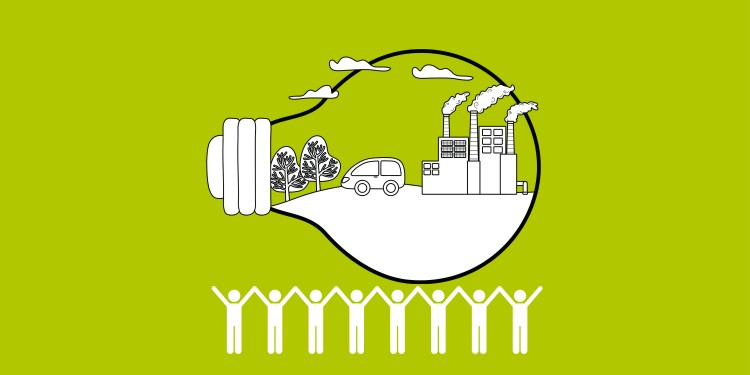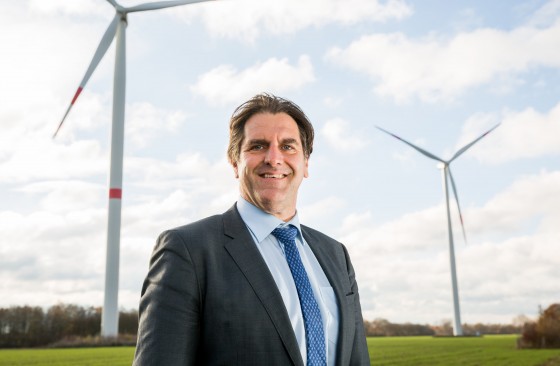
"Efficiency is an important element in the energy transition"
March 5 is the annual Energy Efficiency Day – reason enough for Kathrin Nolte to talk to Prof. Andreas Löschel about meaningful instruments relating to energy and climate issues. Löschel holds the Chair of Microeconomics with a Focus on Energy and Resource Economics at the University of Münster.
There can’t be any energy transition without energy being saved. What is the sensible way to shape energy and climate policies?

What needs to change as far as sustainability is concerned?
What’s especially close to my heart is digitalization, which makes it possible not only to reduce energy consumption, but also to make it more flexible. In times when enough renewable energies are available, we need a shift in demand. In this particular context we have analysed the behaviour of households in the ‘Climate-Friendly Decisions’ field test initiated by the city of Münster. It demonstrates that some of the activities really can be shifted if it helps climate protection or if it’s financially worthwhile – and especially when electrical devices can do this intelligently and independently. Digitalization and smart solutions such as time-of-use tariffs can thus make a contribution to achieving sustainability goals.
What role does society play in saving energy?
Social norms play an important role in changing consumers’ behaviour. For example, studies show that social comparisons lead to more sustainable behaviour – when people compare their electricity consumption with that of their neighbours, for instance. We’re seeing a shift in attitudes towards climate protection in the current discussions on travelling by plane or eating meat. The corona pandemic could lead to people changing their habits and learning lessons, so that, in the long term, business trips for example are replaced by video conferences and working from home. These trends should be reinforced through higher CO2 prices, better education on energy and climate issues, and extensive information showing the effects of sustainability. In this way, not only can energy be saved, but tipping points also emerge for a rapid transformation.
